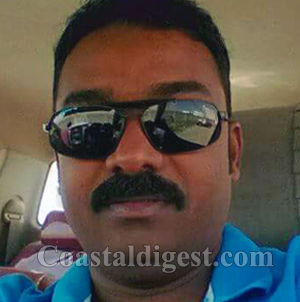Bengaluru, Jan 8: The all-India shutdown by trade unions and other organisations began with little impact in the tech city as normal life continued on a working day, an official said.
"No effect of shutdown in the city though banking operations are affected as bank staff are supporting the trade unions," a state official said here.
However, thousands of workers participated in other parts of Karnataka in the nation-wide shutdown call given by trade unions, protesting central government's anti-labour laws and privatisation policies.
Protesters were seen carrying the red trade union flags at several places such as Hassan, Chamarajanagar, Tumakuru, Mysuru, Bengaluru and others.
Massive protests were seen in Peenya, and Neelmangla areas of Bengaluru.
In Madikeri, stones were pelted at a bus and some protesters were detained in Kolar.
The trade unions are against the privatisation of railways and corporatisation of 49 defence production units.
Merging 44 labour laws into four code is also one of the demands of the protesting trade unions.
The protesters are demanding raising the minimum wage in the range of ₹21,000 - 24,000 per month.
The All India Trade Union Congress (AITUC), Centre of Indian Trade Unions (CITU), Indian National Trade Union Congress and Labour Progressive Federation (LPF) have given an all-India shutdown (Bharat Bandh) call on Wednesday.
Karnataka Chief Minister B.S. Yediyurappa instructed the intelligence chief and additional director general of police Kamal Pant to maintain law and order in view of the Bharat bandh when he apprised him of the situation.
Police tightened security across the city by deploying 11 deputy commissioners of police (DCPs), 23 assistant commissioners of police (ACP), 111 inspectors, 316 sub-inspectors, 476 assistant sub-inspectors, 4,547 constables along with 82 platoons of Karnataka State Reserve Police (KSRP).
In Bengaluru city, Metro services were not affected by the nationwide strike. In view of the shutdown, security was beefed at the Metro stations.
 Mangaluru, Mar 7: An Indian expatriate worker from Vittla in Bantwal taluk died of cardiac arrest in the Sultanate of Oman.
Mangaluru, Mar 7: An Indian expatriate worker from Vittla in Bantwal taluk died of cardiac arrest in the Sultanate of Oman.




Comments
Inna llahi wainna ilahi rajihoon....
??? ??? ? ??? ???? ??????
Inna Lillahi wa inna ilaihi raji'un
Add new comment